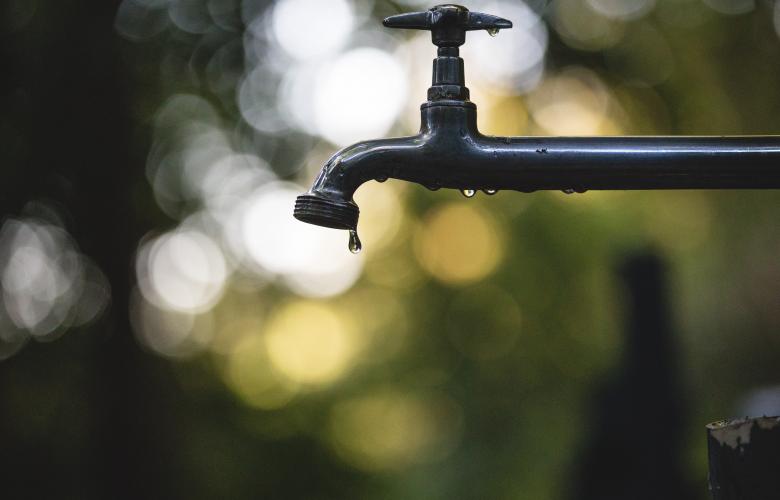Groundwater reserves in Bali are at around 20% according to Politeknik Negeri Bali (Bali State Polytechnic) in a recent report published by Republika.
Bali Water Protection (BWP) Programme Manager, Komang Arya Ganaris, more popularly known as Bobby, sounded a grave warning with that figure saying "groundwater reserves are said to be critical at 47%."
The importance of protecting Bali's groundwater supplies cannot be overstated as it not only effects tourism and property developments but also every Balinese. This is why Save Bali Groundwater was the theme for this year's Bali Earth Day, held on April 22 and why IDEP and Politeknik Negeri Bali are calling for support from civic and tourism industry leaders to ensure the success of the Bali Water Protection Programme.
BWP are trying to get the message across through education and socializing the importance of the mission, particularly with school children. Bobby said that was why 15 elementary schools in Klungkung in East Bali were invited to participate in the beach cleaning drive for Bali Earth Day.
The beach cleaning drive also provided the opportunity for environmentally sensitive workshops including Ecoprint with Christina Arum, Plasticology with I Made Bayak, and Woodcut Printing with Djamur Komunitas, said Bobby.
The biggest threat to Bali's groundwater supplies is the intrusion of seawater, according to Domi Marmer, Resource Development Officer at Yayasan IDEP Selaras Alam. When the volume of fresh water in the soil decreases, seawater takes its place, he said, and when that happens people are forced to dig ever-deeper wells.
As more hotels, restaurants and homes/villas are built more groundwater is used. More development also means less available "open" land, which is needed to capture water and help replenish groundwater supplies. Lack of social planning and awareness have not helped this situation in the past and things need to change if Bali's future is going to be bright.
IDEP is taking positive steps to address this issue by building a comprehensive conservation programme designed to create awareness and help communities preserve their environment by focusing on well adoption, river adoption, and water adoption.
Absorption wells, for example, drive rainwater underground instead of running off; river adoption looks at providing environmental education and preservation to schools along Bali's river banks; while water adoption is a public awareness campaign in public locations such as public parks and airports.
IDEP is the Indonesian Development of Education and Permaculture, a non-government organization aiming to promote disaster preparedness and sustainable community development through permaculture.
Bali State Polytechnic is a leading vocational education institution in Bali focusing on tourism-based engineering, commerce, science and technology.
Sources: Republika, IDEP, Bali State Polytechnic, Tribun News, Bali Go Live
Similar to this:
A bold step in a green direction: Indonesia sells USD 1.25 billion of Green Bonds
Australia's Consul-General searches for waste management solutions in Bali
Minister suggests tourism and property industries to support each other





